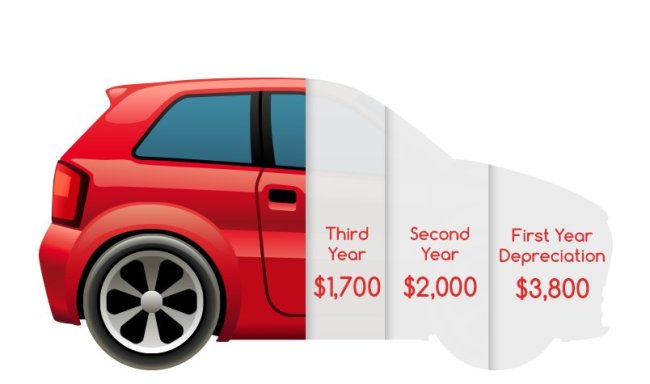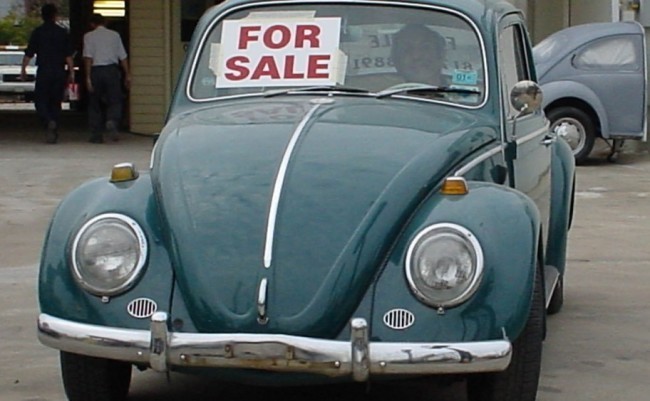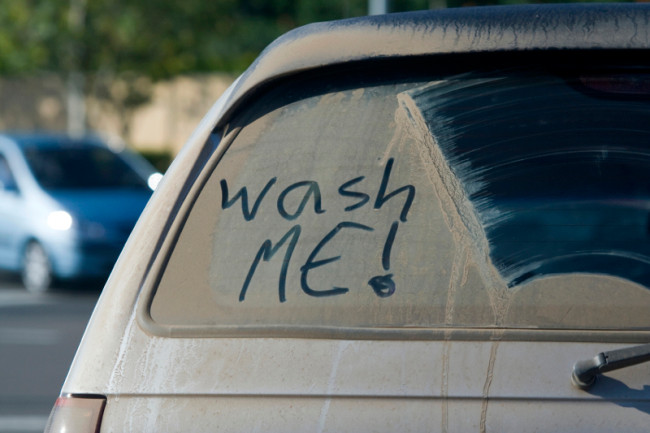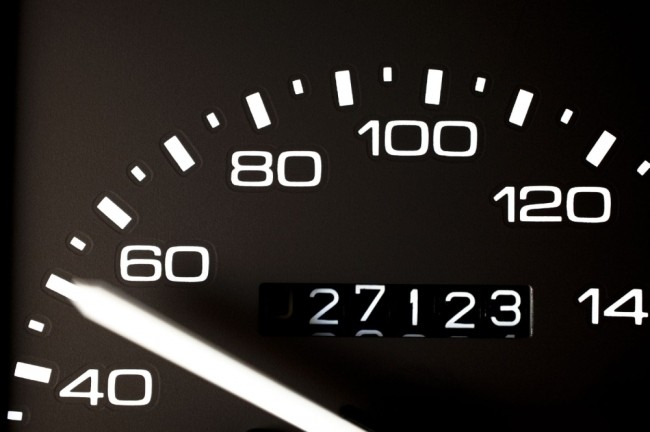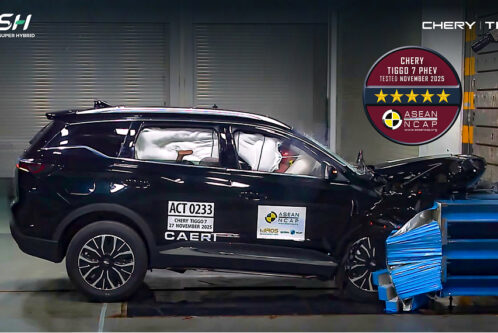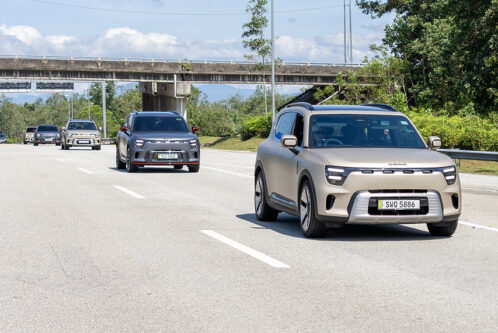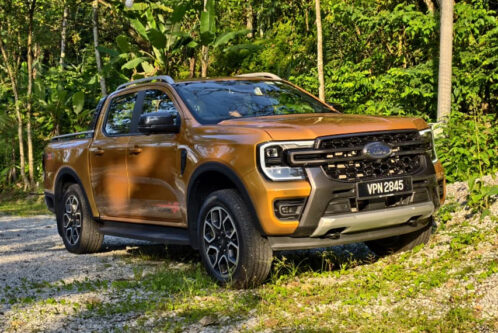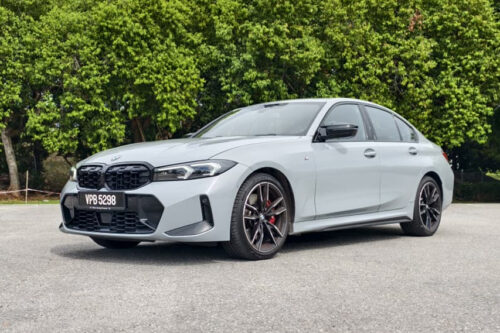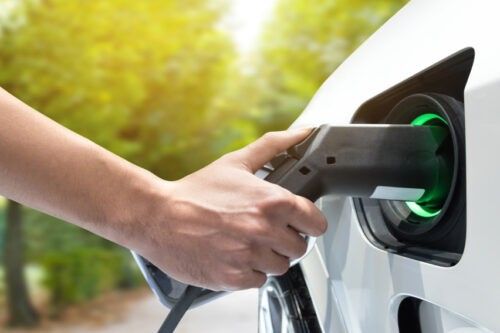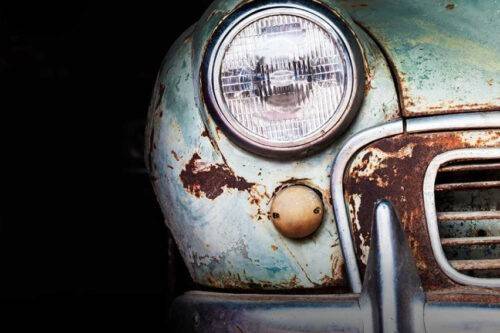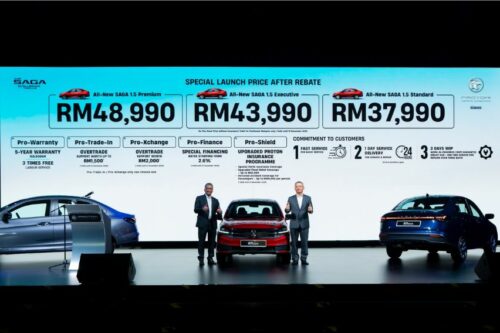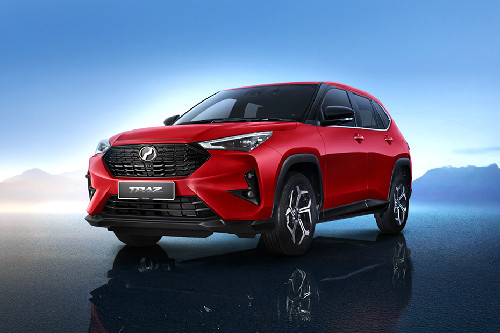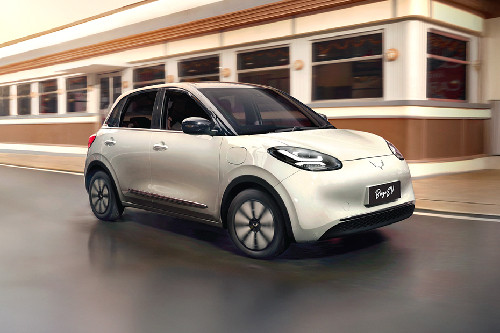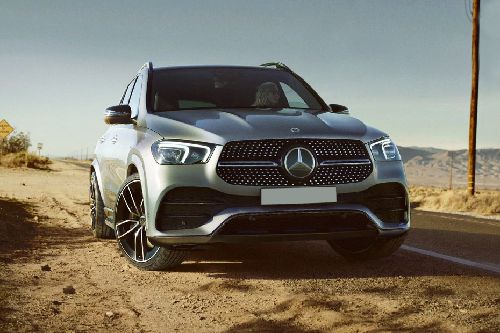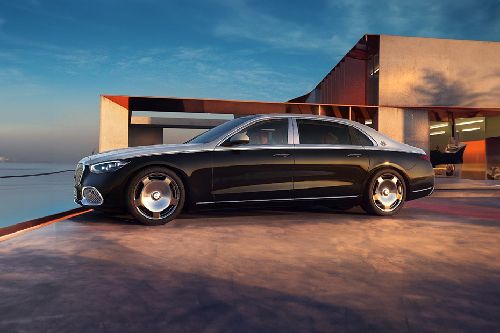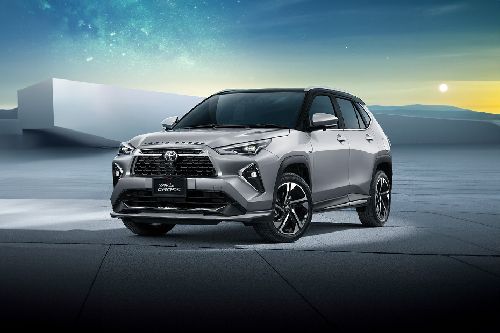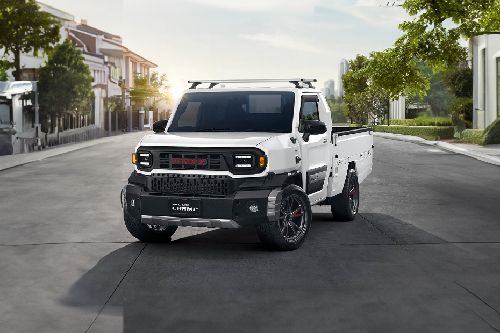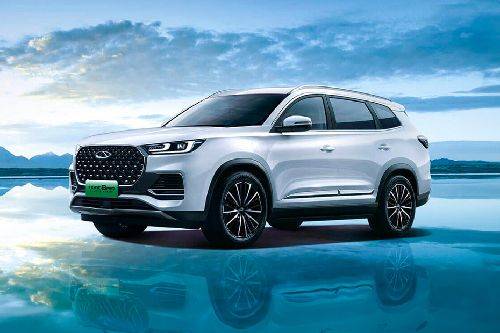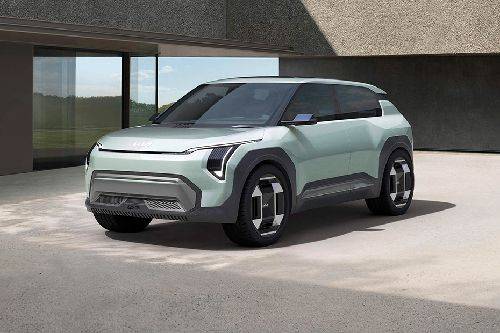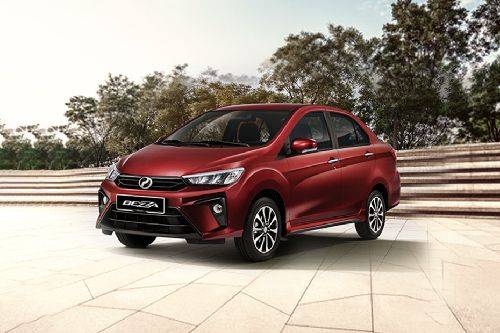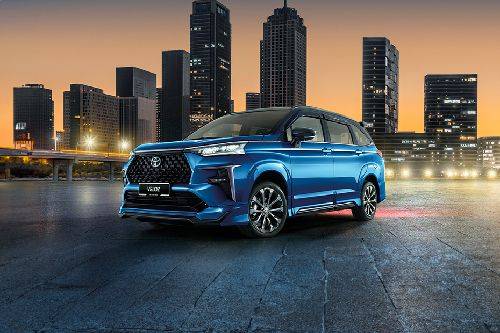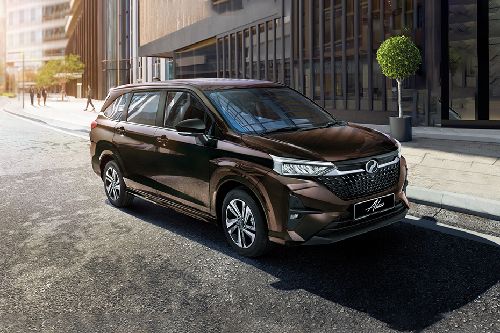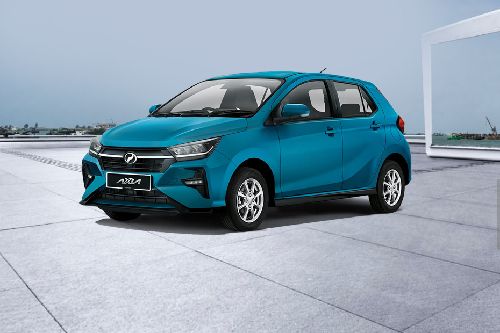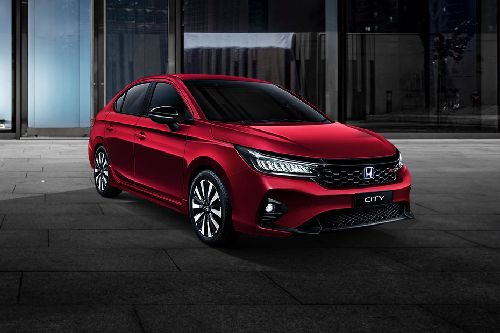Factors that Affects your Car's Resale Value
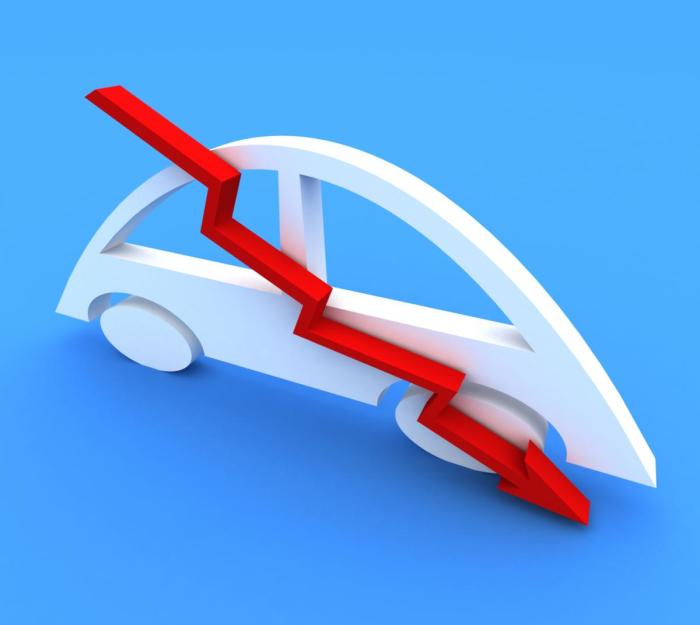
While selling your used car, you would often be asked three inevitable questions -
- Model Year and Trim?
- Kilometers run?
- Depreciation Cost?
Buying a car is one of the biggest purchases in a lifetime, and one of the largest cost associated with it is depreciation. Your mid-size car might empty your pocket by some thousands of dollars as the fuel cost, but it loses more than that in depreciation alone. Car depreciation is the amount of value that an auto losses over time. Car depreciation is unavoidable, no matter whether the car is used or not. How frequent the car is used or how well is being taken care of or maintained, determines or dictates the level of depreciation. It has been confirmed by auto experts all around the world that a car depreciation happens rapidly. As soon as you collect the keys of your shiny ride and drive it from the showroom, it looses 20% of its value. In its first year, the car depreciates 30%, however, it may vary from model to model, but depreciation is an inevitable cause.
The way you maintain your car over the time hugely affects its depreciation value. Ensuring your car is always in top-notch position, can help you acquire a great value while selling your used car. Apart from personal upkeep, there are various other factors that build up the car depreciation process and affects its resale value. We at CarBay have highlighted the factors that cause your beloved car to depreciate.
Vehicle Age:
Like human body deteriorates with age, so does our car with time. The depreciation rate is directly proportional to car's age. As the car grows older, depreciation effects become more visible. Rusting of the body, fading of the paint job, failing of electrical connections all are the signs of depreciation. In a state like this, the value of the car in question has automatically depreciated leaving the car in a condition with much less value than that of which it could have been sold for if the decision of selling had been made earlier. If the car's model is two generations old than the current model, its price will drastically decrease.
Vehicle's General Condition:
The condition of your car largely affects its resale value. If the car's general condition is falling apart, with obvious visible depreciation signs like scratches, dents, rust and broken parts, it will be sold for much less than a car, which is in prim and proper condition. In short, visible damages on the car's exterior or interiors indirectly defines the worth of the car when on sale. Not just physical appearance but internal functioning and performance also affects car's selling price. If the engine is damaged or any other part is not working properly, this can reduce the price of the car drastically. This significantly lowers the car price, especially if the unit was involved in an accident, such as a collision.
Vehicle's Mileage:
Mileage is the total distance covered by the vehicle from the time it came out of the dealer’s showroom, till date. The kilometers driven can be seen on the car's odometer. The mileage of the car also highly affects its resale value, as more the mileage, more will be the depreciation rate. If your vehicle has more than 100,000 miles on it, that is a red flag for potential buyers. Even if your car has been dependable for all these miles, with relatively few problems, resale value is going to take a huge hit. The average person puts between 12,000 and 15,000 miles on their vehicle in a given year. If you have a long commute and go above that average, the chances are good that your car has been driven fairly hard, and mechanical issues are more likely to occur. Also, if you are planning a big trip, consider renting a car instead to save mileage.
Vehicle's Geographical Location:
The geographical location, wherein the car's is driven also affects its depreciation value. For example, if a coupe or sedan is driven on hilly areas, or on underdeveloped road infrastructure, it rapidly increases the depreciation and also adversely affects its performance. Therefore, cars such as the SUV is advised in such areas, while the coupe and sedan vehicles should dominate the city space. Various car types are built for various terrains. Buying the appropriate car type, which suits the geographical location where you reside will increase the lifespan in turn contributing to the resale value increment. It’s extremely important to know which type of car to use for which location, and vice versa, or rather in more basic terms, use the right tool for the right job.
Number of owners:
A car which is single handed driven is always better than the car which is driven by multiple drivers. Also, if you already own a second-hand car and then planning to sell it again, the resale value of your car will take a downfall. Every driver has a distinctive driving style and each leaves a different effect on the car. If the car is been driven by many drivers, the chances are that the car's performance will be adversely affected, decreasing its resale value.
Depreciation is inevitable, but you can decrease its scale by ensuring that you always keep your car prim and proper and focus on these points while selling your used car.
Malaysia Autoshow
Trending & Fresh Updates
- Latest
- Popular
You might also be interested in
- Featured Stories
Featured Cars
- Latest
- Upcoming
- Popular
Latest Car Videos on Zigwheels

